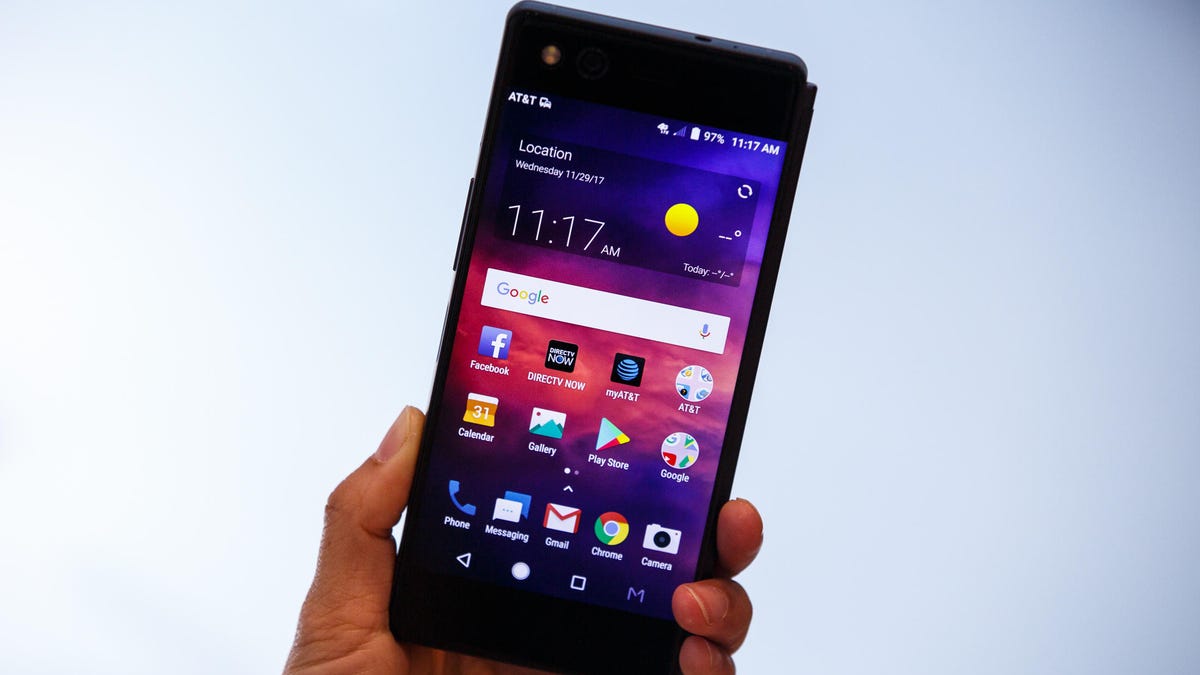What makes ZTE a cybersecurity threat? Congress wants to know
A proposed resolution would require the Homeland Security Department to hand over info on the Chinese phone maker.

US government sanctions against ZTE have brought the company's business to a halt.
Before President Donald Trump can pull ZTE from the brink of bankruptcy, Congress has some questions.
ZTE, the fourth-largest smartphone maker in the US, has been at a standstill since the Commerce Department launched sanctions against the Chinese telecommunications powerhouse last April. Trump, in negotiations with China's president, Xi Jinping, said he's been working to find a way for ZTE to "get back into business, fast."
But even before the US exports ban, ZTE was considered a cybersecurity risk by several US officials. In the past, lawmakers, the intelligence community, the Department of Defense and the Federal Communications Commission have kept ZTE at arm's length, citing security concerns.
Now a member of Congress wants a detailed explanation on what cybersecurity threats the Chinese phone company poses.
In a resolution introduced Wednesday, Rep. Bennie Thompson, a Democrat from Mississippi and the ranking member on the House Homeland Security committee, is asking for the Department of Homeland Security to provide the committee with all information and documents related to cybersecurity threats from ZTE.
"In this age of ever-changing threats, the cybersecurity of government networks and our national security infrastructure should be paramount -- and the president should not be engaging in any conduct or policymaking that could threaten this," Thompson said in a statement.
"DHS is committed to defending against all threats to the security and resilience of the nation's telecommunications system," a department spokesperson said in a statement. "We will continue to work with the White House, interagency partners and the private sector to understand and manage all risks to our nation's critical infrastructure."
The Chinese phone maker suffered trade sanctions after it had allegedly lied about firing employees involved with selling US technology to Iran and North Korea. The company agreed to pay up to $1.2 billion in its guilty plea in 2017.
ZTE has had its business come to a grinding halt because of the ban but has continued its fight to overturn the Commerce Department's decisions while it remains in limbo.
"The information sought from DHS will help us conduct oversight into the federal government's understanding, handling and mitigation of the potential threats posed by ZTE and its products," Thompson said.
First published May 16, 12:56 p.m. PT
Update, 5:20 p.m.: Adds statement from DHS.

